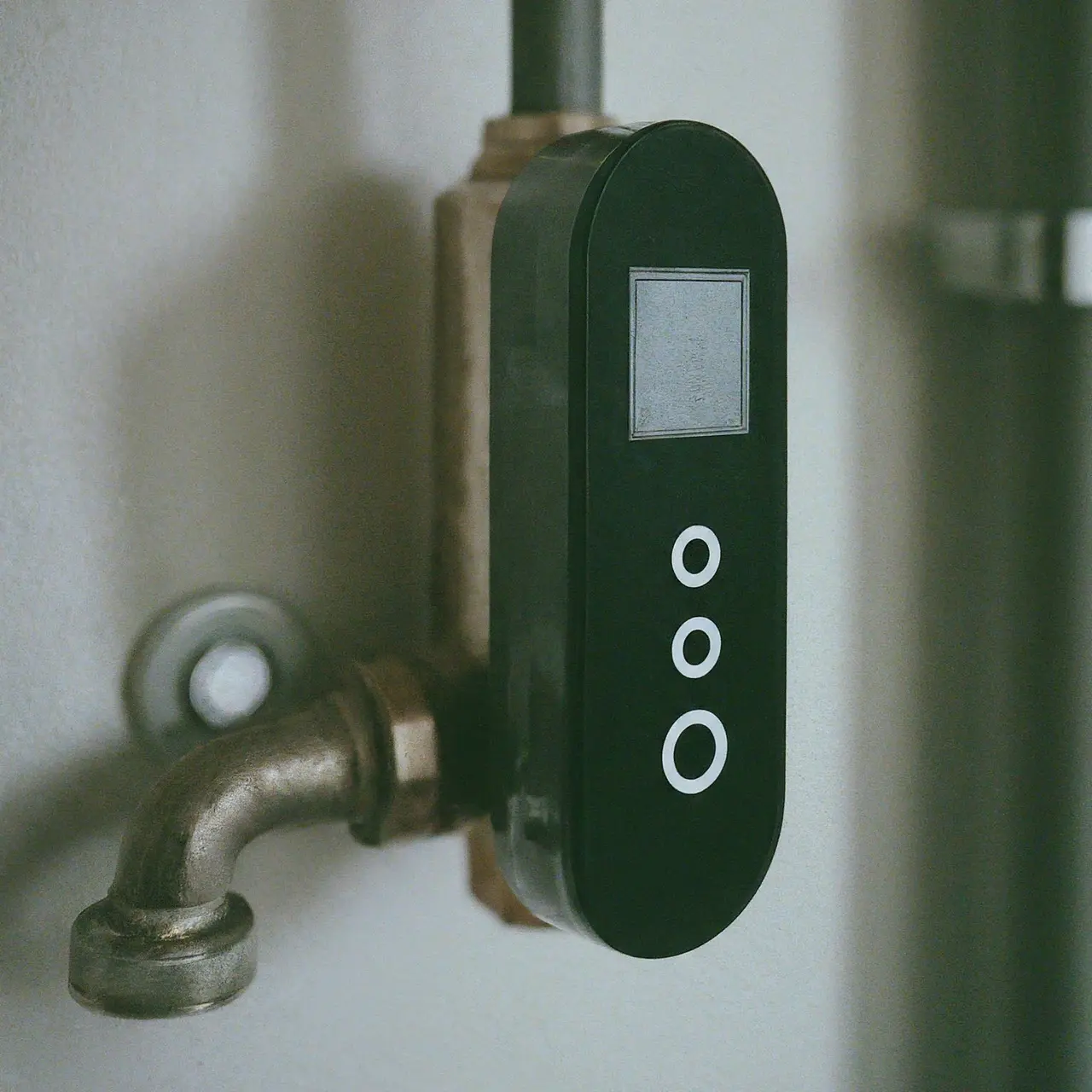In an era where water scarcity is becoming increasingly prevalent, the role of technology in conservation efforts cannot be overstated. At the heart of these innovations lies the smart water valve, a game-changer in managing water usage efficiently and sustainably.
Understanding Smart Water Valves
Smart water valves, an innovative leap in water management technology, offer a dynamic solution to controlling water flow with precision and intelligence. Unlike traditional valves, these devices are equipped with sensors and connectivity to monitor water usage in real time, allowing for adjustments that can significantly reduce waste.
The operation of a smart water valve is straightforward yet highly effective. By integrating with household water systems, these valves can detect irregular usage patterns, such as leaks, and automatically shut off the water supply to prevent excessive waste. This functionality not only conserves water but also safeguards the home from potential damage.
How Smart Water Valves Contribute to Water Conservation
Crucial to water conservation efforts, smart water valves address the inefficiencies in residential and commercial water use. Through their ability to detect leaks and unnecessary usage, these devices play an indispensable role in preventing the loss of thousands of gallons of water annually.
Moreover, the impact of smart water valves extends beyond direct water savings. By optimizing water usage, these devices also contribute to the reduction of energy consumption, since treating and heating water require significant energy resources. Thus, smart water valves stand at the confluence of water and energy conservation.
The Technology Behind Smart Water Valves
At the core of a smart water valve lies its technology, which combines sensors, data analytics, and wireless communication. These components work together to provide real-time monitoring and control over water flow, ensuring efficient usage and leakage prevention.
Benefits of Implementing Smart Water Valves
Implementing smart water valves offers a multifaceted range of benefits. Beyond the primary advantage of water conservation, these systems also result in cost savings for consumers through the prevention of water damage and reduced utility bills.
In addition to financial savings, the environmental impact of adopting smart water valves is profound. By reducing wasteful water usage, these devices contribute to the preservation of our water reserves, ensuring that this vital resource remains available for future generations.
Case Studies: Success Stories of Smart Water Valve Installation
A testament to their efficacy, numerous success stories highlight the positive impact of smart water valves on conservation efforts. One notable example involves a municipal water system that saw a 20% reduction in water waste following the widespread installation of smart valves.
How to Get Started with Smart Water Valves
Adopting smart water valve technology begins with researching the best systems suited to individual needs. Consumers should consider factors such as compatibility with existing plumbing, ease of installation, and the level of monitoring and control offered.
The Future of Water Conservation
As the world grapples with the pressing issue of water conservation, the emergence of smart water valves represents a beacon of hope. With each installation, we inch closer to a future where water, our most precious resource, is used with the respect and thoughtfulness it deserves. The smart water valve is not just a piece of technology; it’s a pivotal player in the global movement towards sustainability.


